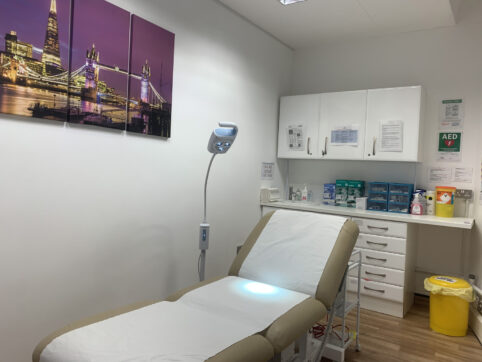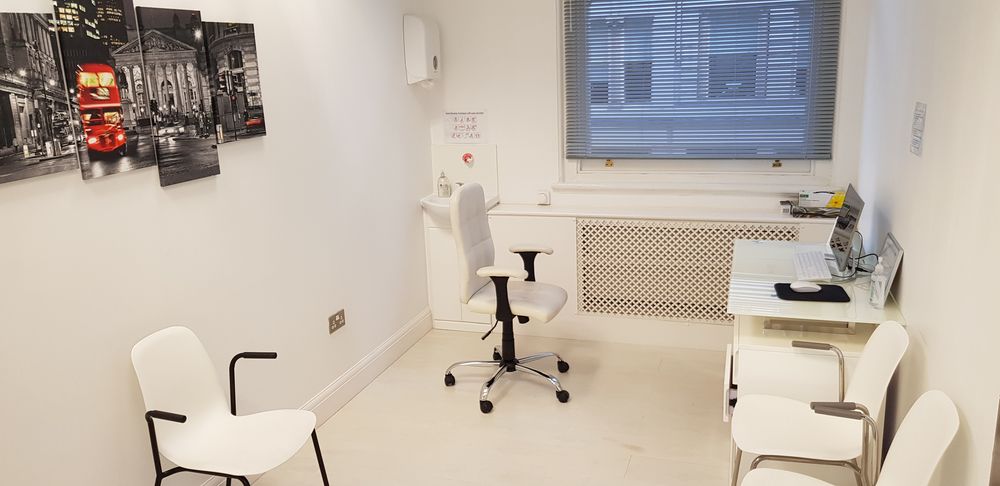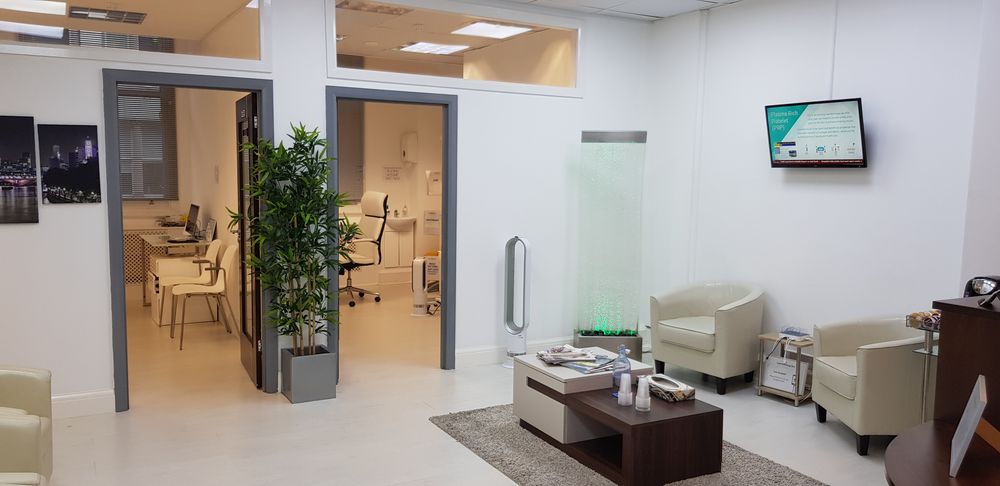Callback Request
Callback Request [Landing Pages]
Why Choose Us?
What are Verrucas?
Verrucas (or verrucae) are small lesions, warts or growths that are found over certain areas of the feet.
The most common area affected by verrucas are often formed on the heel or sole of the foot which is likely to be more painful due to the pressure applied from the foot which impacts on its appearance.
As this is a highly contagious virus, which can be passed on by direct human contact, it can be easy to get verrucas from swimming pools or changing room floors.
While verrucas are harmless and can heal and disappear on their own, it's common that they'll stay for months or even years and can be extremely painful, which is why seeking removal treatment is the safest solution.
Verrucas Prevention
Verrucas are highly contagious and can easily spread from person to person in public swimming pools, gyms, communal showers or changing room floors. Here are ways to prevent verrucas and keeping others around you safe:
- Do not share towels, socks or shoes.
- Be vigilant in shared changing rooms, shared swimming pools and leisure centers. Wear flip flops in changing rooms and around the pools. Or wear swimming socks whilst in the pool.
- If you have verrucas, don't pick or scratch it, because it can spread from other parts of your body such as hands and fingernails.
- If you have a verruca, don't cut or burn your wart due to increased risk of infections, potential injuries and spreading it other parts of your body.
- Wash your hands if you have touched a verruca or wart.
- Change your socks daily.
Verrucas Symptoms & Causes
Verrucas are highly contagious and easily spreadable which is why it's a common condition - especially if you regularly go to swimming pools and even gyms.
They can be extremely painful which depends on where the verrucas are located because they are often found on the sole of the foot which pressure is applied.
Here are symptoms and causes of verrucas to look out for:
- Often formed on the heel or sole of the foot
- Can appear in various shapes and sizes - round or oval, and firm or flattened.
- Verrucas are often itchy and are white in colour. There may be a black dot in the centre which is the blood vessel lying underneath.
- Often flattened due to the nature of pressure applied.
Verrucas Diagnosis
At the London Dermatology Clinic, our doctor and specialists will examine the verrucas and warts. Following consultation and examination, the doctor may gently cut away the surface of the wart to reveal a small black dot in the centre.

What are Verrucas?
Verrucas (or verrucae) are small lesions, warts or growths that are found over certain areas of the feet.
The most common area affected by verrucas are often formed on the heel or sole of the foot which is likely to be more painful due to the pressure applied from the foot which impacts on its appearance.
As this is a highly contagious virus, which can be passed on by direct human contact, it can be easy to get verrucas from swimming pools or changing room floors.
While verrucas are harmless and can heal and disappear on their own, it's common that they'll stay for months or even years and can be extremely painful, which is why seeking removal treatment is the safest solution.
Verrucas Prevention
Verrucas are highly contagious and can easily spread from person to person in public swimming pools, gyms, communal showers or changing room floors. Here are ways to prevent verrucas and keeping others around you safe:
- Do not share towels, socks or shoes
- Be vigilant in shared changing rooms, shared swimming pools and leisure centers. Wear flip flops in changing rooms and around the pools. Or wear swimming socks whilst in the pool.
- If you have verrucas, don't pick or scratch it, because it can spread from other parts of your body such as hands and fingernails.
- If you have a verruca, don't cut or burn your wart due to increased risk of infections, potential injuries and spreading it other parts of your body.
- Wash your hands if you have touched a verruca or wart.
- Change your socks daily.
Verrucas Symptoms & Causes
Verrucas are highly contagious and easily spreadable which is why it's a common condition - especially if you regularly go to swimming pools and even gyms.
They can be extremely painful which depends on where the verrucas are located because they are often found on the sole of the foot which pressure is applied.
Here are symptoms and causes of verrucas to look out for:
- Often formed on the heel or sole of the foot
- Can appear in various shapes and sizes - round or oval, and firm or flattened.
- Verrucas are often itchy and are white in colour. There may be a black dot in the centre which is the blood vessel lying underneath.
- Often flattened due to the nature of pressure applied.
Verrucas Diagnosis
At the London Dermatology Clinic, our doctor and specialists will examine the verrucas and warts. Following consultation and examination, the doctor may gently cut away the surface of the wart to reveal a small black dot in the centre.
Book a Consultation











